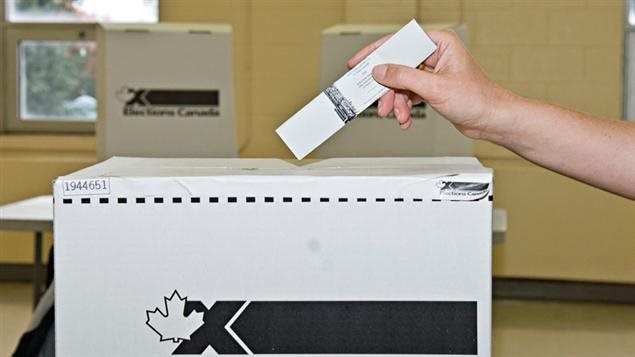It may come as a surprise to many, but there are about 2.8 million Canadians living abroad, and almost a million and half who have been living outside of the country for more than five years.
An Ontario Court of Appeal has upheld a federal restriction that says if you’ve been living outside Canada for more than five years, then you can’t cast your vote in federal elections.
The Appeals court split decistion (2-1) overturns a 2014 victory for two ex-pats who launched a challenge to the federal ruling when they learned they couldn’t vote in the 2011 federal election.
In the 2014 victory, a lower court had ruled the voting restriction was a violation of the Charter of Rights and Freedoms’ Section 3 guarantee of the right to vote to all citizens.
The federal government then appealed to the higher court
The top Ontario court ruled that allowing ex-pats who have lived more than five years abroad breaks a “social contract and undermine the legitimacy of laws.
Chief Justice George Strathy said for the majority, joined by Justice David Brown, that, “Permitting all non-resident citizens to vote would allow them to participate in making laws that affect Canadian residents on a daily basis but have little to no practical consequence for their own daily lives.”
The challenge was brought by Gillian Frank from Toronto who has been living in the US for 13 years pursuing post-doctoral studies and Jamie Duong of Montreal who attended high school in Vermont and now works at Cornell University.
In an interview Frank said his advisors at York University said he would have better job opportunities in Canada if he had a US degree. Both he and Duong argued they left Canada only because of educational and employment opportunities but still had strong connections to Canada.
The voting restriction was enacted in 1993 due to questions about the strength of ties to Canada for ex-pats living abroad for extended periods, and their knowledge of domestic politics.
Although there are almost 3 million Canadians in total living abroad, records show only about 6,000 voted in the 2011 election.
Public servants and members of the military posted overseas retain the right to vote without time restrictions.
Other countries including the United Kingdom, Australia, and New Zealand, also place varying voting rights limits on long-term ex-pats.
Lawyers for Frank and Duong say they will seek to have the case heard by the Supreme Court of Canada, they may also ask that the ruling be stayed until the Supreme Court case. If that happens then the two would be allowed to vote in the upcoming federal election slated for October.







For reasons beyond our control, and for an undetermined period of time, our comment section is now closed. However, our social networks remain open to your contributions.